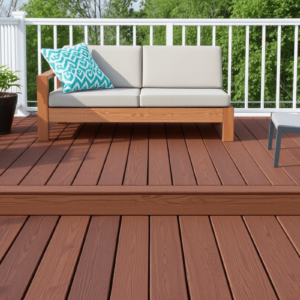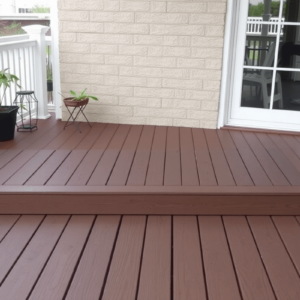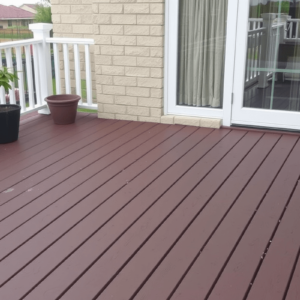Plans for Composite Decking Raised Garden Beds
Introduction
Raised garden beds have become increasingly popular among garden enthusiasts due to their numerous advantages, such as improved soil drainage, easier access for gardening, and reduced weed invasion. Among the various materials used for building these beds, composite decking has emerged as a top choice for its durability, low maintenance, and aesthetic appeal. This article will guide you through the process of planning and constructing composite decking raised garden beds, discussing the benefits of using composite materials, essential design considerations, required tools, and maintenance tips.
Benefits of Using Composite Materials
Composite decking is made from a mixture of wood fibers and plastic, which provides several benefits over traditional wood. These include resistance to rot, insects, and moisture, making them ideal for outdoor use like raised garden beds. Additionally, composite materials are more environmentally friendly since they can be made from recycled wood and plastic, reducing waste and contributing to sustainability efforts. Furthermore, composite decking is available in a variety of colors and textures, allowing for customization to match your garden’s aesthetic.
Design Considerations
Before starting your project, it’s crucial to consider the design of your raised garden bed. Factors such as size, location, and accessibility should be taken into account. The size of your garden bed will depend on the space available and the plants you wish to grow. A standard size is 4 feet wide by 8 feet long, but you can adjust this based on your needs. Ensure that the location receives adequate sunlight and is close to a water source for easy watering. Accessibility is also important; make sure the bed height is comfortable for you to reach all areas without straining.
Tools Required
To construct your composite decking raised garden bed, you will need several tools: a tape measure, level, saw (hand saw or circular saw), drill, screws, and a screwdriver. Additionally, safety equipment such as gloves and goggles should be worn during construction. Proper preparation and use of these tools will ensure a smooth and efficient building process.
Construction Steps
The construction process involves several steps:
- Measure and mark the area where you want to place your raised garden bed.
- Cut the composite decking boards according to your measurements.
- Assemble the frame using screws and a drill, ensuring it is level and square.
- Line the bottom of the frame with landscape fabric to prevent weeds.
- Fill the frame with a mixture of potting soil and compost.
Maintenance Tips
Maintaining your composite decking raised garden bed is relatively simple. Regularly check for any loose screws or damaged boards and address these issues promptly. Clean the surface occasionally with mild soap and water to remove dirt and debris. Avoid using harsh chemicals or abrasive tools that could damage the composite material. By following these maintenance tips, your garden bed will remain functional and attractive for years to come.
Conclusion
Building a composite decking raised garden bed offers numerous benefits, including durability, low maintenance, and aesthetic appeal. With careful planning and attention to detail, you can create a beautiful and functional garden space that enhances your outdoor living experience. Whether you’re a seasoned gardener or just starting out, composite decking raised garden beds are a great investment in your yard’s beauty and productivity.





Reviews
There are no reviews yet.